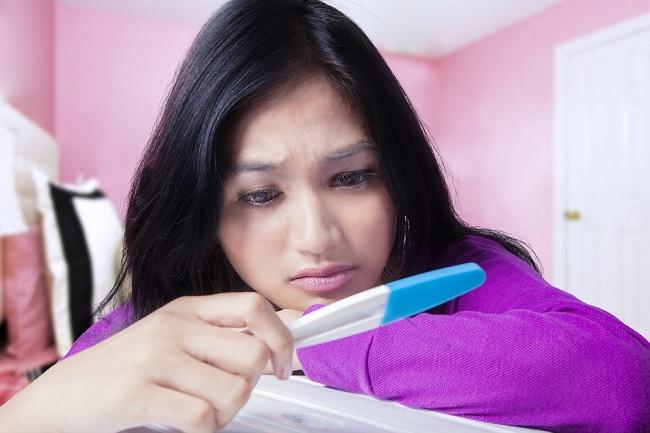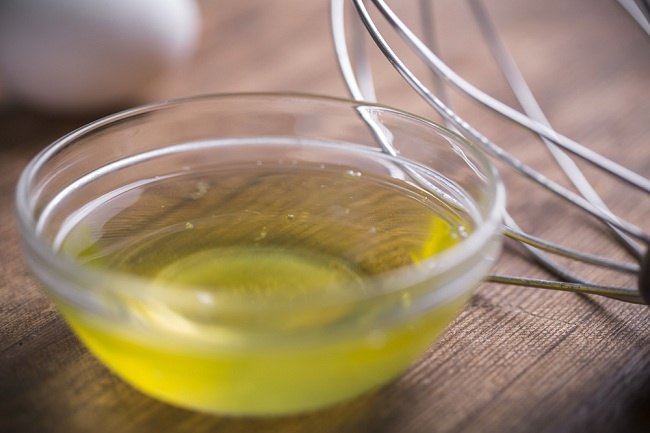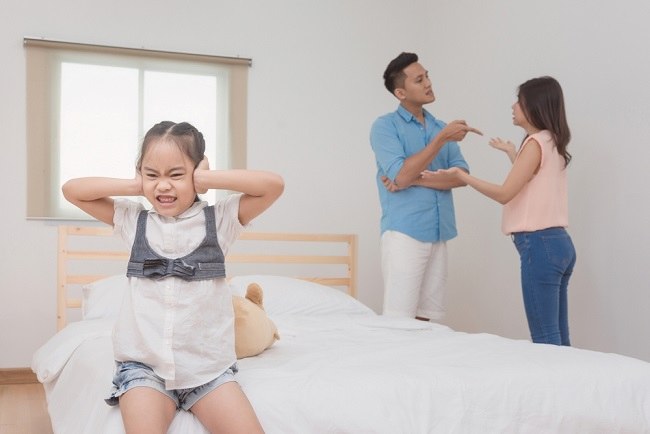Not only outside the house, air pollution inside the house can also cause various health problems. This pollution can come from objects that we do not realize emit harmful substances or become a place for germs to develop.
Air pollution in the house can be caused by pollution from outside the house, it can also be by toxic substances from objects in the house or household cleaning products. This air pollution is harmful to the health of family members at home, especially children and babies who are mostly indoors.

In addition to exposure to toxic substances, indoor air pollution can also be caused by microorganisms, such as bacteria and fungi, which breed on objects or areas in the house that are rarely cleaned.
Knowing the Source of Air Pollution in the House
By recognizing the various sources of air pollution in your home, you can outsmart them and make the air at home healthier. The following are some sources of indoor air pollution that are often not realized:
1. Carpets and furniture
Carpets generally contain volatile organic compounds (VOC) which can be harmful to health, especially in children and people with asthma or allergies.
This VOC gas is also widely contained in household cleaning products. Exposure to excessive amounts of VOC gas can cause headaches, nausea, sore throat, and eye irritation.
In addition to carpets, new furniture made of wood usually also contains a harmful gas called formaldehyde which can cause respiratory problems.
So, before use, new furniture and carpets should be dried outside the house for 1 day. Also, open windows or air vents during the first few days of new carpet and furniture being used, allowing for air exchange.
2. Air Conditioning
Conditioning (air conditioner/AIR CONDITIONING) it can make the air in the house feel cool. However, the air conditioner needs to be cleaned regularly.
In addition, you need to open the window in the morning or at night so that air circulation remains good. Otherwise, dust, bacteria, and viruses that are a source of air pollution in the house will continue to be in the room.
In addition, you also need to be careful, because constantly being in an air-conditioned room can make your skin and eyes dry.
3. Air freshener
Air fresheners are often used to make the air in the house feel fresh and fragrant. However, this product actually only disguises odors with artificial scents, not addressing the source of the odor in the house.
Some chemicals in air fresheners, such as ethanol, camphor, phenol, and formaldehyde, can be bad for your health. These chemicals can cause various health problems, such as headaches, asthma, and eczema.
4. Wall paint
Avoid storing paint indoors, because paint generally contains VOCs. When painting walls, choose a paint with a low VOC content and make sure all windows are open.
Even after the painting has been completed, it is best to leave the windows open for a few days to ensure that VOCs do not get trapped in the house and cause health problems.
5. Household cleaning products
Floor cleaning products and detergents, especially those containing ammonia and chlorine, have a risk of causing respiratory problems. Use a mask and gloves when cleaning the house with a liquid cleanser to protect skin and breathing.
As much as possible, minimize the use of spray cleaners. Alternatively, you can try making your own cleaning solution using a solution of vinegar or warm water with baking soda to clean certain areas of your home.
6. Cigarette smoke
Not only does the air in the house smell bad, cigarette smoke can also be inhaled by family members who live at home. This makes them passive smokers and at risk for various diseases, such as sinusitis, bronchitis, pneumonia, and worsening asthma symptoms.
Cigarette smoke is a source of pollution that causes the most damage to the lungs. Smoking habits are also one of the main causes of lung cancer.
In addition, cigarette smoke residue left on floors, carpets, sofas, and pillows can harm the health of children who often play in these areas.
7. Gaxle and stove
LPG gas cylinders and leaky stoves can release carbon monoxide which can cause fatigue, headaches, nausea, and even death. Therefore, make sure the stove and gas cylinder are installed properly.
Also, place the stove close to a window or air vent. That way, if there is a leak, the gas is not trapped in the house.
8. Garbage burning
Burning household waste can produce various pollutants that not only damage the environment, but also trigger health problems, such as respiratory problems, cancer, and congenital disorders.
Handle waste in a safer and healthier way, for example by reducing, recycling, or reusing waste that is still feasible as an ingredient to make a variety of unique and useful products.
In addition to the various sources of air pollution above, also check for other objects that can cause unpleasant odors in the house, empty the contents of the trash regularly, and check the drains and toilets regularly. In essence, fresh and healthy air should not smell.
Tips for Overcoming and Reducing Air Pollution in the Home
Recognizing and preventing pollution from various sources of air pollution in the house is not enough. Air from outside the house can also be a source of pollution and bring in various germs into the house.
Therefore, to reduce air pollution in your home, you also need to do the following:
- Use vents and windows with screens or screens to filter dust from outside.
- Clean the floor regularly using a broom, mop, or vacuum cleaner.
- Clean all furniture and furniture in the house, such as sofas, carpets, and beds, every day using a damp cloth.
- Place a mat at the front door of the house and make sure everyone takes off their shoes before entering the house.
- Keep the air moist in the house by using a fan or air conditioner to prevent bacteria and fungi from multiplying.
- Multiply plants in the yard around the house by doing urban farming and also indoors if possible. Plants will release oxygen and draw carbon dioxide from the air, so the air in the house will be fresher.
A clean and pollution-free place to live can support the health of you and your family. Therefore, it is important to always maintain cleanliness in the house, including the cleanliness of the air.
You should consult a doctor if there are complaints or health problems that can be caused by air pollution in the house, such as runny nose, cough, shortness of breath, or itching. In addition to getting the right treatment, you can also ask your doctor about ways to prevent air pollution in your home.









